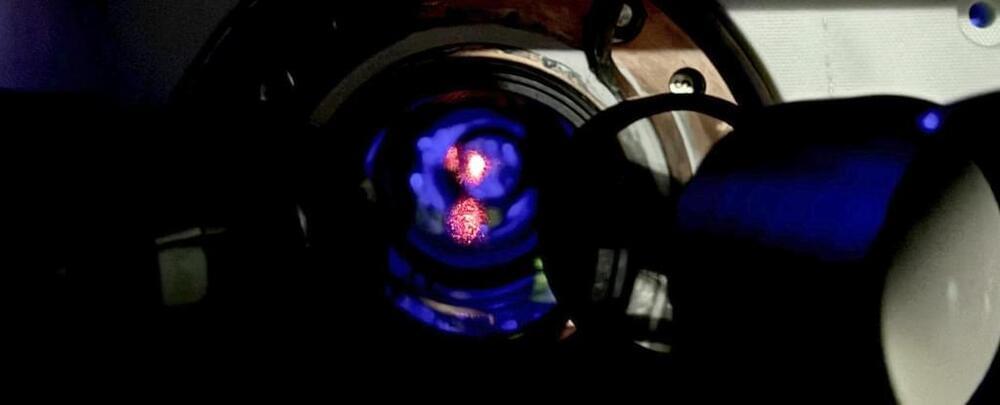Time: It bends and warps, or seems to speed up or slow down, depending on your position or perception. So measuring its passing accurately is one of the most fundamental tasks in physics – which could help land us on Mars or even observe dark matter.
Now, physicists at the US National Institute of Standards and Technology (NIST) and the University of Delaware have developed the most accurate and precise atomic clock yet, using a ‘web’ of light to trap and excite a diffuse cloud of cold strontium atoms.
“This clock is so precise that it can detect tiny effects predicted by theories such as general relativity, even at the microscopic scale,” says Jun Ye, a physicist at the NIST’s Joint Institute for Laboratory Astrophysics (JILA) lab at the University of Colorado. “It’s pushing the boundaries of what’s possible with timekeeping.”










Leave a reply